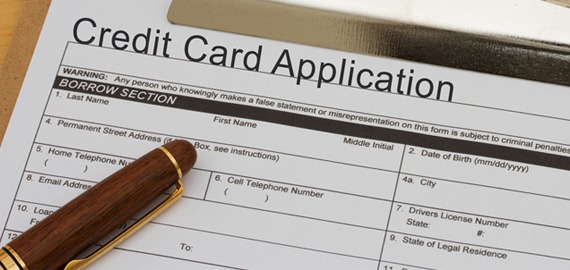
Credit cards in Malaysia can be categorised into six broad categories. The right card for you depends largely on your spending habits and your attitude to debt.
Cashback
The concept of a cashback card is simple – for every Ringgit you spent, you receive a percentage back in cash at the end of every month or quarter. The cashback (or rebate) percentage varies from card to card and is normally between 0.5% and 3% (although some cards offer up to 20% in rebates).
Should you get one?
They typically have high-interest rates. Most of them have in place a cap (or maximum limits) on rebates. However, if you’re generally a large spender and are always able to pay off your card balance in full, a cashback card could help you earn money back on your spending.
Rewards
Rewards cards let you earn reward points when you spend. These reward points can then be used to redeem a wide range of goods and services. Typically, you earn one reward point for every Ringgit spent on your card.
Should you get one?
Using a rewards card could be a great way of saving money, as most rewards card issuers do not set a cap or maximum limit on the number of reward points you can earn. By using this card on your everyday purchases (and big-ticket items like flight tickets), you can potentially rack up many points without much effort.
Petrol
Petrol cards are designed specifically for people who spend a lot of time on the road. These cards normally come with great petrol benefits, including rebates or cashback on fuel, as well as discounts at petrol stations.
Should you get one?
If you spend a significant amount of money on petrol each month, having a petrol card could potentially save you a lot of money in the long term.
Travel
Travel cards are reward-based cards which allow you to earn points or air miles from different frequent flyer programmes when used for purchases. Some also offer discounts on travel packages or flight tickets.
Should you get one?
If you’re a frequent traveller, and already are a member of a frequent flyer or travel loyalty programme (e.g. Enrich, Krisflyer or AirAsia), having one may be a good way to speed up the accumulation of loyalty points.
Premium
Premium cards offer cardholders premium benefits like concierge service, dining and golf privileges, lounge access and more. These cards normally have a much higher minimum income requirement (some may even be invitation-only cards), but they also come with a much larger credit limit.
Should you get one?
Having a premium card will no doubt bring many premium benefits and privileges, like discounts at your favourite five-star restaurant, however, they can also cost a lot of money. Premium cards often charge annual fees in the hundreds of ringgit, although standard annual fee waiver programmes may also be available.
Speciality and co-branded
Speciality cards are the “catch-all” category. These cards are normally designed for a specific segment or target niche. For example, some offer exclusive discounts to movie tickets, while others provide great health and medical benefits.
Should you get one?
Speciality cards are tailored to specific groups of individuals (e.g. frequent movie-goers, lady shoppers or even insurance agents). If you find that you belong to one of these niche groups, having such a card can be very rewarding.
Final note
There are more than 200 credit cards in Malaysia, and choosing the one that best suits your needs can be very challenging. If you’re in the market for one, you can compare and apply for the best one through our credit card application online site.
Source; https://www.imoney.my/articles/types-of-credit-cards-in-malaysia









